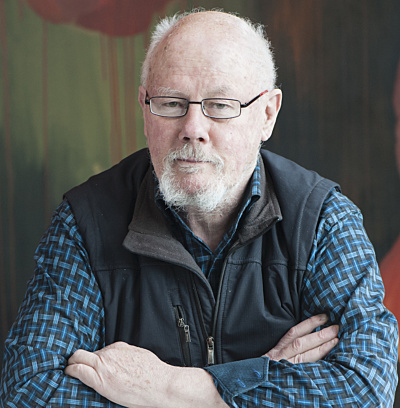Temple’s peace shattered by governance stuff up

Never underestimate the ability of a volunteer organisation to stuff up its governance completely. And never underestimate the willingness of members to have the same argument over and over and over and over till everyone’s brains leak out their ears.

A group of Cambodians operated a Buddhist shrine and chapel in Melbourne’s outer northern suburbs and hired a monk to run it. The monk concerned, however, was accused of breaking a wide range of his religious vows, and the committee of management (which he chaired) became “deadlocked and dysfunctional” and could not “function lawfully or effectively”. So they went to court, and the judge told them to start over – to hire an auditor to go over the membership list, to hold a special general meeting based on the cleaned-up list, and to have that meeting appoint a new committee of management. All of which they did.
“The previous deadlock and dysfunction that had existed in the committee was swept away by the election.”
Were people satisfied? No. One side went back to the court to complain that the records the auditor had used were suspect. (Khmer Buddhist Temple Association Inc & Ors v Chhet & Ors (No 4) [2024] VSC 572 (17 September 2024)
More to the point, legally, they noted that in the previous case the judge – and both sides of the litigants – had proceeded on the mistaken impression that the association was under the Victorian model rules, when in fact it had its own constitution with slightly different membership provisions.

The mistake had been made because Victoria changed its Associations Incorporation Act in 2012 and the old committee had been sent an official letter explaining that “If an association uses its own rules (that is, not the model rules), these continue to be valid…”, while if an association was using the model rules, then “within 12 months of the new laws commencing, their current rules will automatically be replaced with the new model rules”. The committee being made up of people with limited English, they’d taken the last line as the guiding principle and assumed their constitution had been gazumped.
In other circumstances, this mistake might have been decisive. As it was, however, the parties were fronting up to a judge who’d already gone to considerable trouble to sort all this out and was now faced with malcontents asking him to do it all over again with no guarantee of any better outcome. Under the circumstances, he was prepared to say juridically that near enough was bloody well good enough.
“I accept that the minutes, books and registers of the association were not in pristine condition at the time of the audit. There would be very few (if any) small incorporated associations supported by volunteers where this could be said to be the case … It is not easy or possible for many association members to understand written or spoken English. In addition to these matters, the association has experienced a period of committee deadlock and dysfunction when it could not operate effectively. It is very difficult for office bearers to maintain accurate, up-to-date records in such circumstances. … The association should be approached with forbearance and understanding, and not with linguistic pedantics or legal niceties”.

Champion! Now copy your fellow judges into the email, can you?
Anyway, the upshot was that “To set aside the audit and election now would have a most unsettling effect on the association and its members. It is a course that I would follow only with great reluctance. It would not advance the purposes of the association. For the reasons that I have given it is not appropriate to do so.”
The judge also threw in the justified comment that “The correspondence [from Consumer Affairs Victoria] is legalistic in expression and not easy to understand. It is not surprising that a person whose primary language is Khmer and who required an interpreter to give evidence would misunderstand the purport of the correspondence, especially in the absence of legal advice.”
As we keep saying, having people who speak only Khmer on boards and committees isn’t nearly as big a problem as having people who speak only Lawyer regulating them.
As always, thanks to Myles McGregor and the Australian Centre for Philanthropy and Nonprofit Studies for their invaluable stewardship of not-for-profit law around the world.